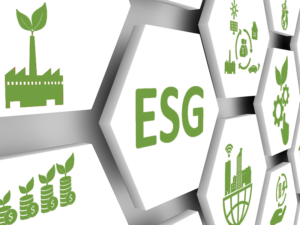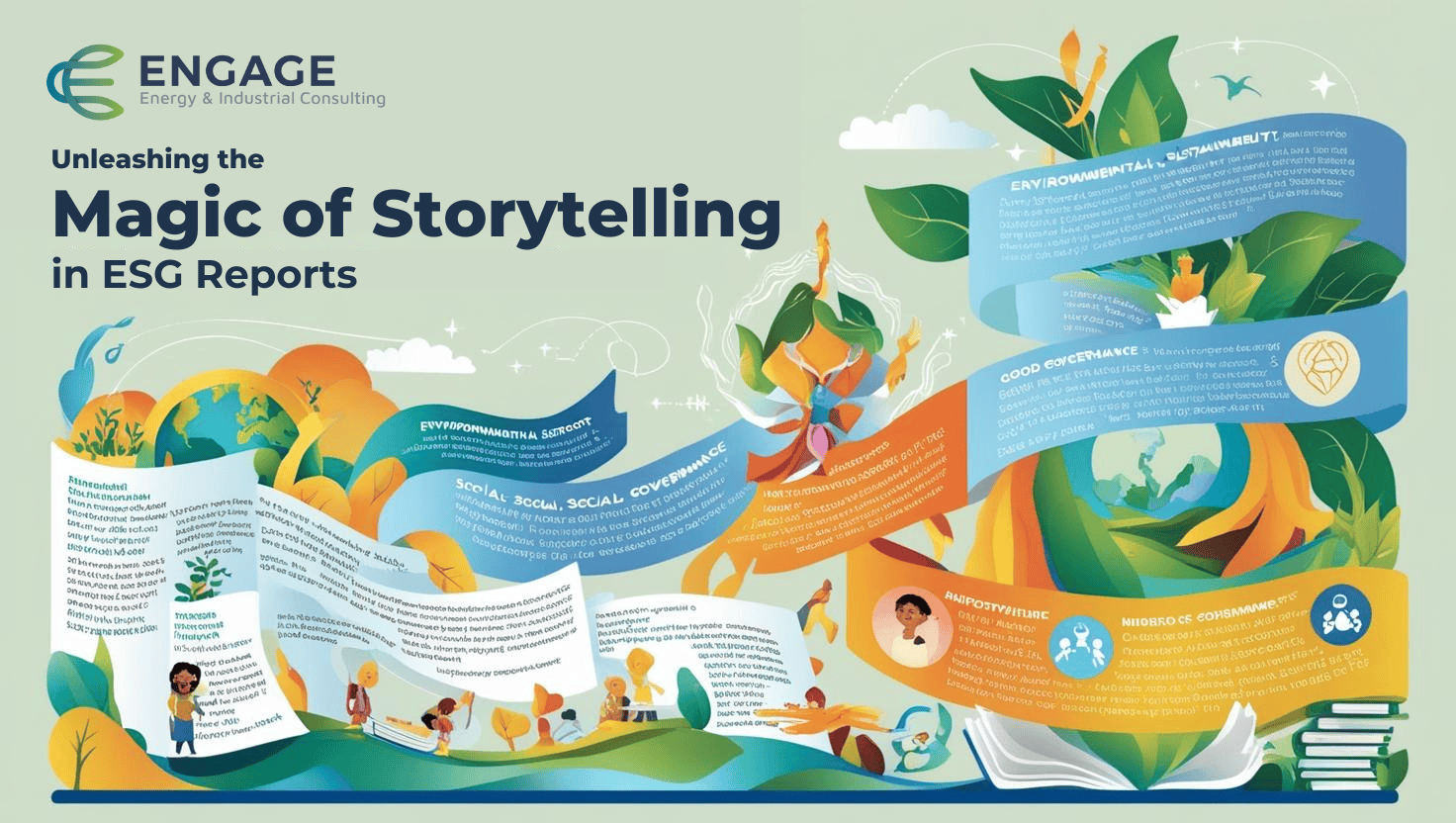What is a ESG Roadmap? Environmental, Social, and Governance (ESG) is a hot topic, but many businesses aren’t clear what it is, how it can help, or why it’s significant for your business. In this article we outline the key elements you need to create your ESG roadmap.
Even though ESG indicators are not currently included in financial reports, consumers and financial institutions are becoming more interested in socially responsible investing. ESG goal-aligned businesses are seen as being more sustainable investments since they are less vulnerable to the risks of a quickly changing marketplace.
Environmental
Environmental considerations have to do with protecting the environment and taking actions to use natural resources sustainably. Some environmental reporting factors are:
- Air and water pollution
- Biodiversity
- Carbon emissions
- Deforestation
- Energy consumption
- Eliminating waste
- Global warming
- Water scarcity
Social
The social aspects of business, such as the interactions between consumers, employees, and local communities, are a big part of the ESG story. Among other things, social factors include:
- Community involvement
- Consumer engagement
- Data privacy and security
- Diversity, equity, and inclusion
- Human rights
- Workplace safety
Governance
Governance is used to evaluate how the business is operated on a corporate level. Among the many aspects that affect governance are:
- Anti-corruption
- Board of Directors
- Executive compensation
- Lobbying
- Policies and procedures
- Political contributions
- Whistleblower protection
Why is ESG Significant to Businesses?
Having an ESG strategy is advantageous to your company for a variety of reasons. To invest in your firm, a growing number of money managers, including the biggest in the world, want you to meet specific ESG disclosure requirements. If you don’t, they won’t invest. Other advantages of proactive ESG disclosure include avoiding corporate activism and opening opportunities for industry leadership in the areas of ESG.
Demand from Institutions for ESG
Demand for stocks in companies that are in line with ESG philosophies is rising among both institutional and individual investors. Naturally, being a part of ESG portfolios is advantageous because it gives you access to larger capital markets. A focus on ESG can have a favorable impact on stock performance. ESG focused equity mutual funds and ETFs often outperform their traditional competitors. It is obvious that ESG metrics have the potential to have a beneficial effect on your bottom line, whether this is because companies are trying to stay ahead of changing business sentiments or to satisfy the rising group of activist investors.
As a CEO’s you run the risk of having someone else lead your company’s ESG strategy if you don’t. Low-performing companies are a common target for activist investors, and recently activist hedge funds that focus on ESG laggards have begun to appear. Making an ESG plan and starting to implement ESG best practices is the best way to discourage ESG activist investors.
Leading your industry
If ESG is not a common practice in your business, you can set new standards of performance. Socially conscious business practices have intrinsic value but becoming an ESG industry leader could have a positive effect on your revenue and brand value.
How to begin your ESG journey
A solid roadmap to develop your ESG strategy can be divided into 6 steps.
- Obtain management support – The management team must be totally committed and there is a desire to allocate resources to achieve your ESG goals.
- Choose the most important (Material) topics to focus on – Disclosure requirements differ by industry and not all ESG issues will be pertinent to your business. The key is to focus on material issues that have a reasonable likelihood of affecting your company’s financial position or operational performance.
- Recognize how ESG scores are developed – There are many rating agencies, MSCI and Sustainalytics are two that are frequently used. These organizations produce annual reports using their own ESG research and using data that is available to the public. You should use these scores to assess your present position in the ESG environment if your firm is publicly traded.
- Research the various ESG disclosure frameworks and reporting requirements – It is important to research numerous frameworks to ascertain what is material to your business. Different ESG reporting frameworks may identify differing material issues for your industry.
- Examine what your competition is doing – If your competitors have already prepared an annual ESG report(s), these can be very beneficial for identifying specific risks and for comparing your business and benchmark your present position to others.
- Engage with your employees, investors, customers, and community – communicating with your stakeholders is the single most important part of your ESG journey. It is important to communicate openly to share progress and to solicit feedback on what areas of ESG are most important to your stakeholders and industry.
How Can Engage Energy & Industrial Consulting Help You Build A ESG Roadmap?
ESG is a continuous improvement commitment and requires a company to provide updates once a year or more frequently. Results won’t appear right away, but perseverance with ESG can help you improve performance and prosper over the long haul. We are here to help. Contact Us today to learn more.





